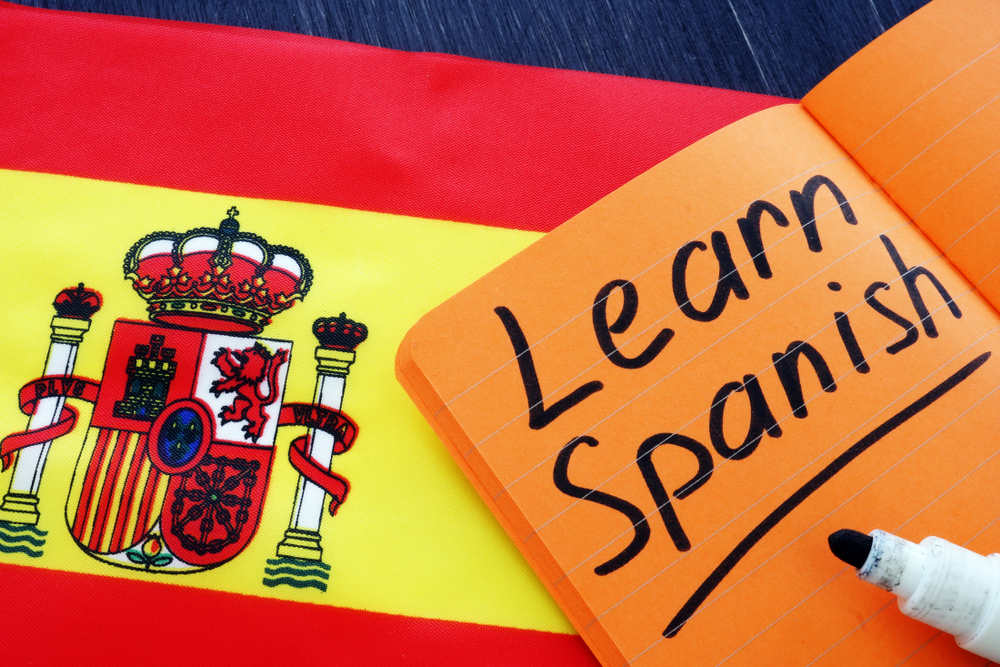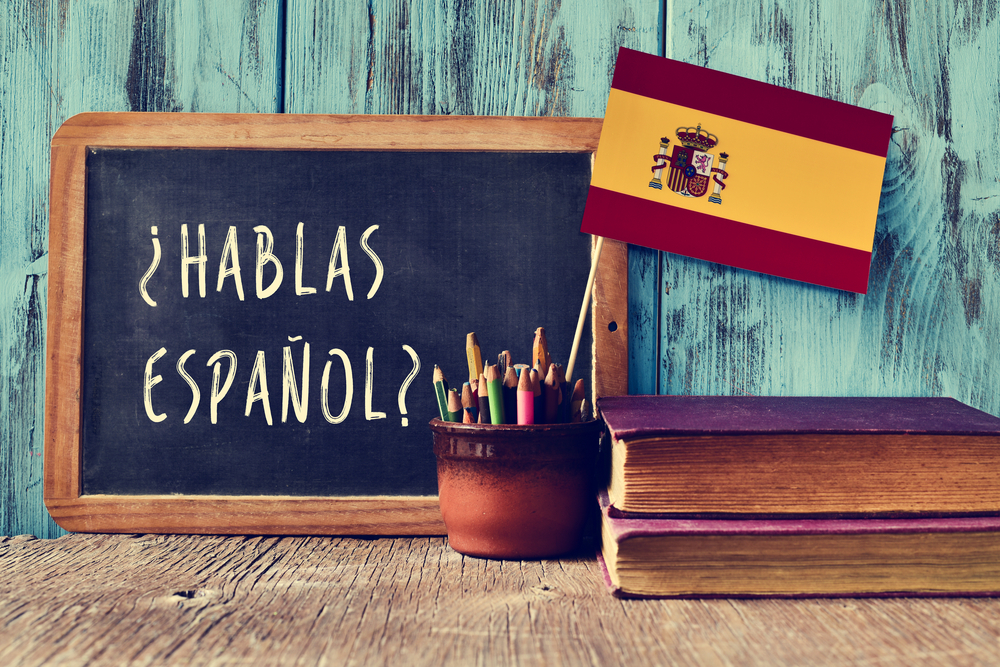Learning Spanish is an exciting way to immerse yourself in the culture, communicate more confidently while travelling, and even enhance your career opportunities. However, some parts of the language can feel a bit tricky, especially pronunciation.
For native English speakers, certain Spanish sounds can be difficult to master because they simply don’t exist in English. This can lead to common mistakes that make you sound less natural when speaking.
To help you sharpen your Spanish accent and improve fluency, the experts at online Spanish classes provider Preply have put together a list of common pronunciation mistakes English speakers make, along with tips to practice and perfect them:
Liquifying the Letter ‘R’
In English, the letter ‘r’ is liquified because the tip of the tongue never touches the gum ridge or teeth, meaning there is no phonetic stoppage. This allows a smooth transition between the preceding and following sounds, as in bleary, sorry, and clearly.
In contrast, Spanish ‘r’ sounds are never liquid. Instead, they require tapping or trilling the tongue against the gum ridge. The soft single ‘r’ in Spanish is similar to the ‘dd’ sound in English words like added. Practice with words like:
- Caro (expensive)
- Pero (but)
- Oro (gold)
If you struggle with this, try substituting the ‘r’ with a ‘d’ sound. For example, say caddo instead of caro, then repeat it quickly.
The double ‘r’ (rr), or rolled ‘r’, is more challenging for English speakers because it doesn’t exist in English. It requires practice to master. Try with words like:
- Perro (dog)
- Carro (car)

Pronouncing the letter ‘h’
In Spanish, the letter ‘h’ is always silent. Words like hola, Héctor, habichuela, hondureña, and albahaca are pronounced as if the ‘h’ doesn’t exist:
- ola (instead of hola)
- éctor (instead of Héctor)
- abichuela (instead of habichuela)
Many English speakers mistakenly pronounce the ‘h’ out of habit, so a helpful trick is to pretend it’s not there. The only exception is when ‘h’ follows ‘c’, in which case you pronounce the ‘ch’ sound as in chico (boy).
The difficult ‘g’ and ‘j’
In English, ‘g’ before ‘e’ or ‘i’ sounds like ‘j’ (as in giraffe). In Spanish, however, ‘g’ can have two distinct pronunciations:
- A hard ‘g’ in words like gato (cat), similar to go in English.
- A guttural ‘h’ sound when followed by ‘e’ or ‘i’, as in girasol (sunflower), which sounds like the English ‘h’ in hello, and therefore should be pronounced ‘hirasol’.
Spanish learners often mix these up. A good rule of thumb is to pronounce the Spanish ‘j’ like the English ‘h’. While not exactly the same, it’s close enough to be understood. For example, say ‘cajón’ (drawer) as ca-hon.
Vowels
In English, vowel sounds change depending on the word and letter placement. In Spanish, each vowel has only one consistent sound:
- A = ‘ah’ (as in father)
- E = ‘eh’ (as in bet)
- I = ‘ee’ (as in machine)
- O = ‘oh’ (as in note)
- U = ‘oo’ (as in food)
English speakers often apply their language’s varying vowel sounds to Spanish, but mastering these five sounds simplifies pronunciation significantly.
Double ‘l’ (LL)
In Spanish, ‘ll’ is pronounced as a ‘y’ sound. Many English speakers mistakenly pronounce it as an ‘l’ due to their phonetic habits. To avoid this, train yourself to mentally replace a double ‘l’ with ‘y’ whenever you see it. For example:
- llave (key) — pronounced ya-ve
- calle (street) — pronounced ca-ye
The Spanish ‘ñ’
The letter ‘ñ’ does not exist in English, but it sounds similar to the ‘ny’ in canyon. Practice with words like:
- Niño (child)
- Año (year)
- España (Spain)
The ‘v’ and ‘b’ sounds
Unlike in English, the Spanish ‘v’ and ‘b’ are pronounced almost identically, with a soft ‘b’ sound. This can be confusing for English learners who naturally pronounce the ‘v’ sound.
For instance, vaca (cow) and baca (roof rack) sound almost the same. Similar with vaso (glass) and beso (kiss).
To get it right, pronounce both letters as a soft ‘b’, slightly pressing your lips together before releasing the sound.





